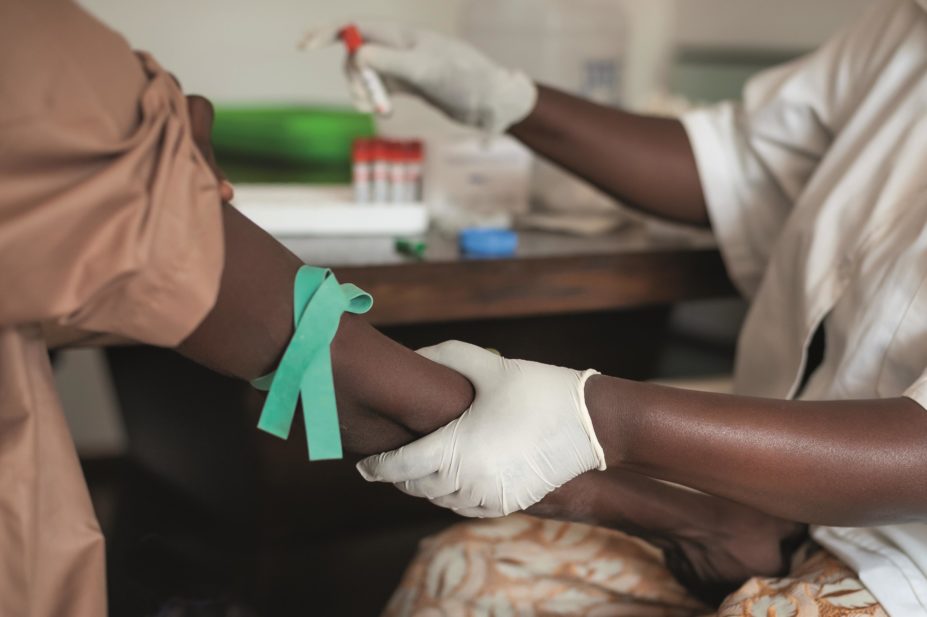
Shutterstock.com
The World Health Organization (WHO) has published guidelines recommending that antiretroviral therapy (ART) is initiated in everyone living with HIV, regardless of their CD4 cell counts, as soon as possible after diagnosis.
The move means sweeping away limitations on eligibility for HIV treatment for many patients worldwide.
The WHO has also recommended that people at “substantial” risk of HIV infection, such as commercial sex workers, men who have sex with men and injecting drug users, should be offered daily oral pre-exposure prophylaxis (PrEP). This is based on clinical trial results confirming the efficacy of tenofovir in preventing people from acquiring HIV in a variety of settings and populations.
The expanded use of ART is supported by clinical trials, which provide evidence that early treatment initiation helps keep people with HIV alive, healthier and reduces the risk of HIV transmission compared to deferred initiation, the WHO says.
“These timely recommendations will make it easier for the poorest and most vulnerable populations everywhere to access the best treatment and services that modern science can provide and that are already available in the world’s richest countries,” said Lelio Marmora, executive director of UNITAID, a global health initiative that tackles HIV.
Tom Ellman, director of Doctors Without Borders (MSF’s) Southern Africa medical unit, says: “Test and treat can turn the tide on HIV, but to work as a tool to control the epidemic it will require drastic changes and greatly increased investment.”
It is thought that at least 21 million deaths and 28 million new infections could be averted by 2030, if the “treat-all” recommendation is implemented fully and the prevention response stepped up, says UNITAID. It is also hoped that the new recommendations will contribute to achieving global development goals, including bringing the AIDS pandemic to an end by 2030.

